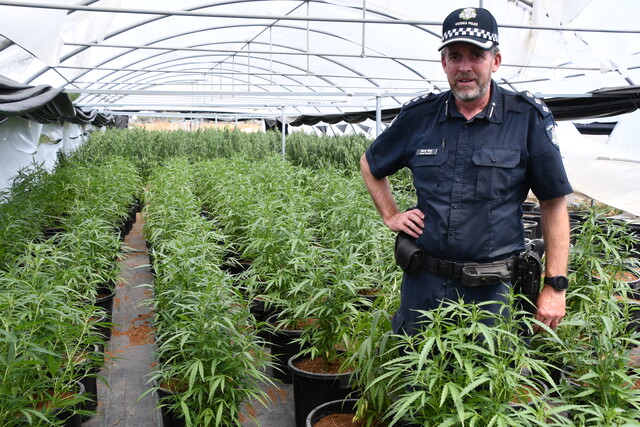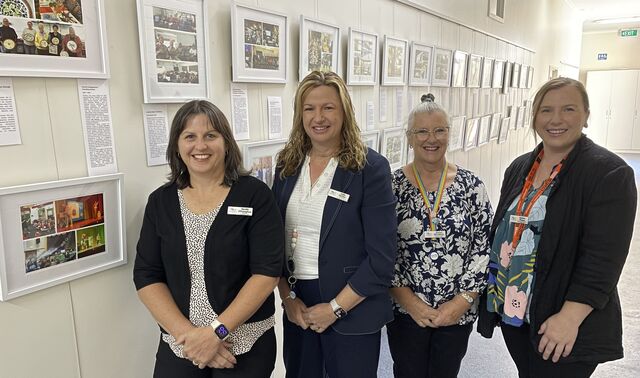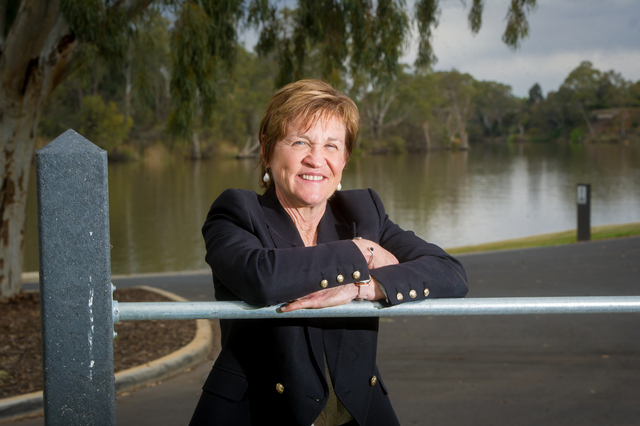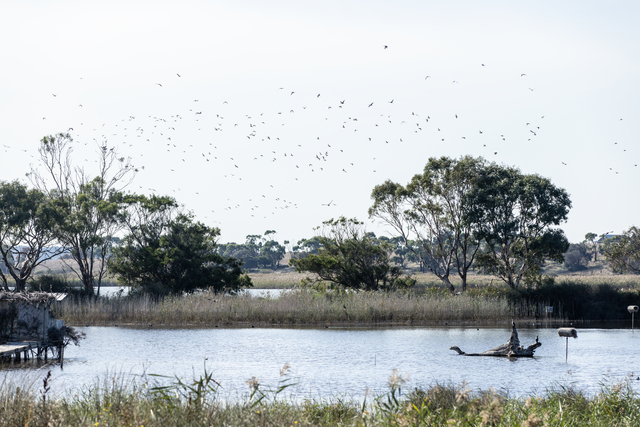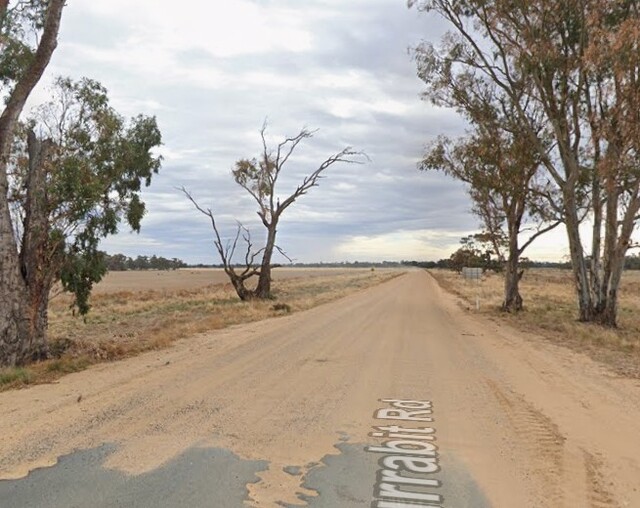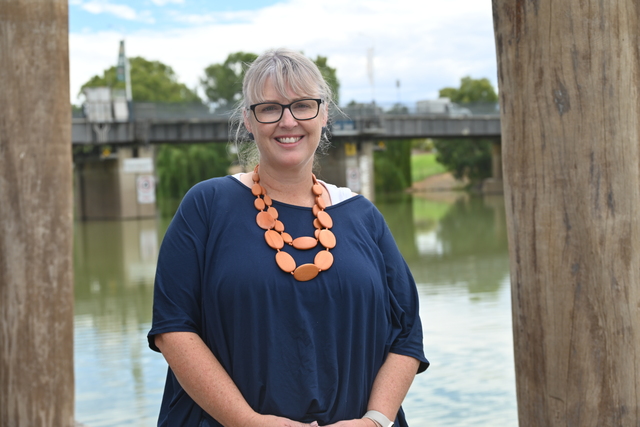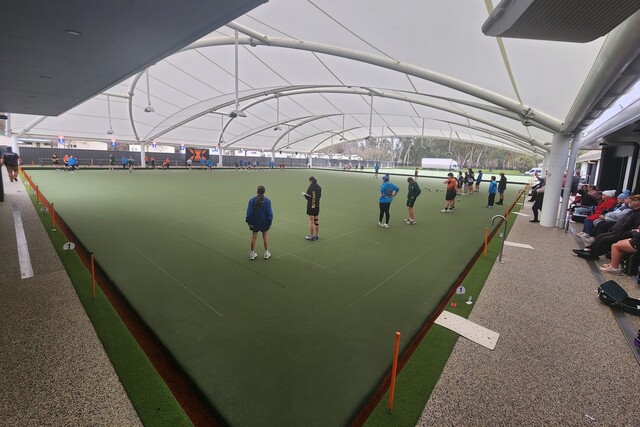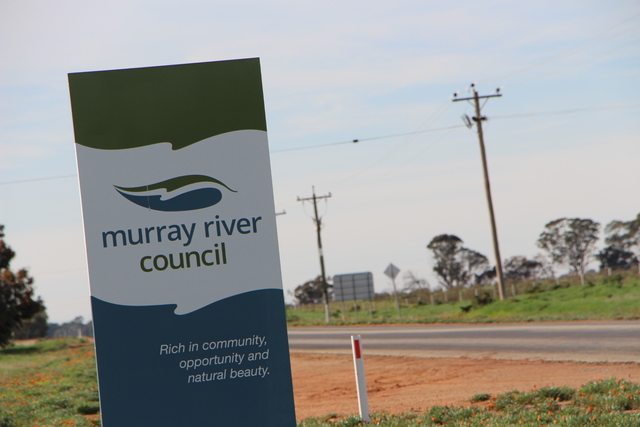THE Labor Party’s plan for the agriculture visa will “reduce” the labour pool available to producers, Member for Mallee Anne Webster says.
Dr Webster said the Federal Opposition’s plan to rework the agriculture visa into the existing Pacific Australian Labour Mobility (PALM) scheme would fail to solve the problem the visa was created to address.
The Labor Party announced that if it is elected at next month’s election, it will develop a four-year agriculture visa under the existing PALM scheme, pay for upfront travel fees for workers and allow them to bring their families to live and work in Australia.
But Dr Webster said the agriculture visa was designed to “fill the gap” created by the recent Australia-UK free trade agreement, which would result in fewer working holiday makers working in agriculture.
Under the agreement, finalised in December, British citizens arriving on working holiday visas are exempt from having to work in agriculture for 88 days to extend their visas for a second or third year.
Dr Webster said it was necessary to retain the agriculture visa in conjunction with the PALM scheme to solve workforce shortages.
“It will reduce the labour pool that farmers have access to, which will mean many farmers will have to reduce production, as we have seen while the borders were closed with COVID,” Dr Webster said.
A study by the Australian Bureau of Agricultural and Resource Economics and Sciences (ABARES) found there were 11,100 fewer horticulture workers in 2020-21
than in 2019-20.
Workers under the working holiday visa scheme declined by 26 per cent, or 9800. Despite the decline in workers, ABARES found output remained steady.
The agriculture visa was announced last June to bring skilled and semi-skilled workers by approved employers and the Coalition announced it had reached a memorandum of understanding with Vietnam in March.
But delays in hearing tax legislation in parliament meant no workers had yet arrived under the agriculture visa.
Labor has criticised the visa and has pointed to the PALM scheme as its primary vehicle to address workforce shortages.
There are 32,000 workers expected to be in the country under the scheme by October, while another 52,000 have been pre-screened to participate in the scheme.
ABARES found that fewer than half of returning PALM scheme workers were 15 per cent more productive than first-time workers, a finding Dr Webster said she agreed with.
However, she rejected Labor’s claims the visa was capped, saying it was “demand-driven” visa and said there was a need for more skilled workers to meet industry needs.
“(The agriculture visa) has always been from our point of view a demand-driven program which was undergirded by information from stakeholders from all major agriculture industries in Sunraysia and across Australia,” Dr Webster said.
“Highly skilled people are just as much needed in the work force as the unskilled and semi-skilled.
“That is what the ag industry has indicated to us is – what is so important.”
ABARES found that more than60 per cent of workers on horticulture farms in 2020-21 were unskilled or semi-skilled.
Dr Webster said Labor’s announcement was “out of touch” with the purpose of the PALM scheme, which was designed to resolve workforce shortage issues and assist Pacific communities to grow as workers came to send money home.
AUSVEG says the Federal Labor Party’s announcement it will address the worker shortage facing Australian growers by reforming the Pacific Australian Labour Mobility Scheme’s Seasonal Worker Program and Pacific Labour Scheme does not go far enough to address the horticulture industry’s critical farm worker shortages.
Shortages that played havoc with fruit and vegetable growers the length of the Murray.
The plan will see the Australian Agriculture Visa embedded as a visa class under the expanded Pacific Australian Labour Mobility (PALM) scheme, as well as the Federal Government bearing the travel costs for Pacific workers under the Seasonal Worker Programme.
The plan will also allow Pacific Labour Scheme participants to bring family members to live and work in Australia, as well as the establishment of a new Pacific Engagement Visa, which will be modelled on the Pacific Access Resident Visa from New Zealand.
AUSVEG, Australia’s peak industry body for the vegetable and potato sectors, has consistently called for a clear commitment from all major parties during the election campaign to continue delivering the Ag Visa to ensure the industry is able to secure a competent and reliable workforce.
AUSVEG chief executive Michael Coote said while the announcement from the Australian Labor Party will help reduce the burden of paying travel costs for workers under the Seasonal Workers Program, the changes to the Ag Visa will restrict the number of partner countries and will result in fewer workers on Australian farms.
“The Ag Visa was designed to be a long-term structural change for the industry to access a more efficient and effective workforce and reduce its reliance on working holiday makers,” Mr Coote said.
“Industry has been working tirelessly with the Federal Government to create an Ag Visa that will deliver long-term results for growers. It would be a shame for the ALP to limit its effectiveness through nothing other than playing politics,” he said.
“If the ALP has genuinely spoken to growers, it will know the delivery of an Ag Visa is absolutely essential.
“Growers need certainty around the availability of critical farm workers, and this plan from the Labor Party does not go far enough to providing that certainty. The Ag Visa should not be restricted to a small number of nations, but all countries that want to provide an avenue for their citizens to come to Australia, work on our farms and earn a decent wage.
“It is not too late for the Labor Party to make a clear commitment to support of the Ag Visa to give industry the certainty it needs.
“We also would like to see a commitment from the Labor Party to increase investment in regional accommodation and services if it is expecting participants in the Pacific Labour Scheme to bring family to Australia.
“There is already a shortage of accommodation in many regional areas, and we do not want to see workers and their families struggling with inadequate accommodation options.”




